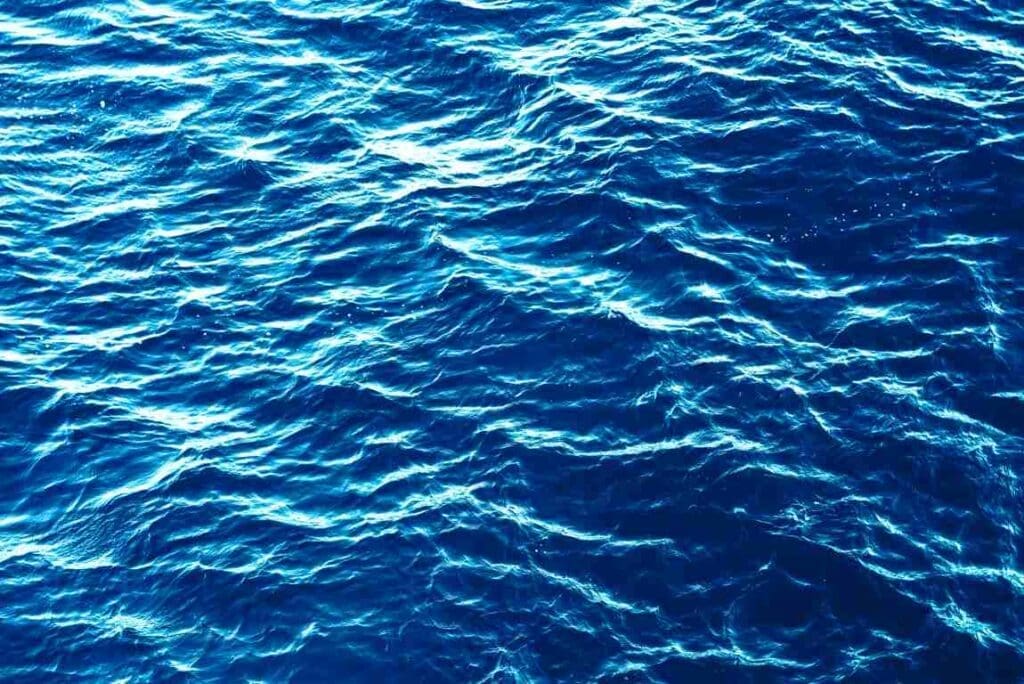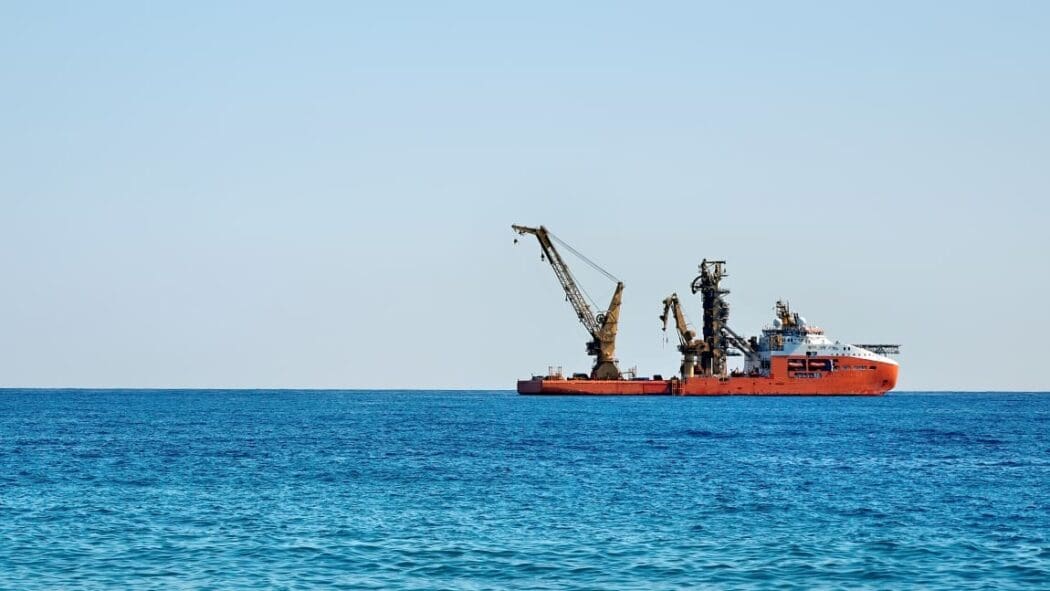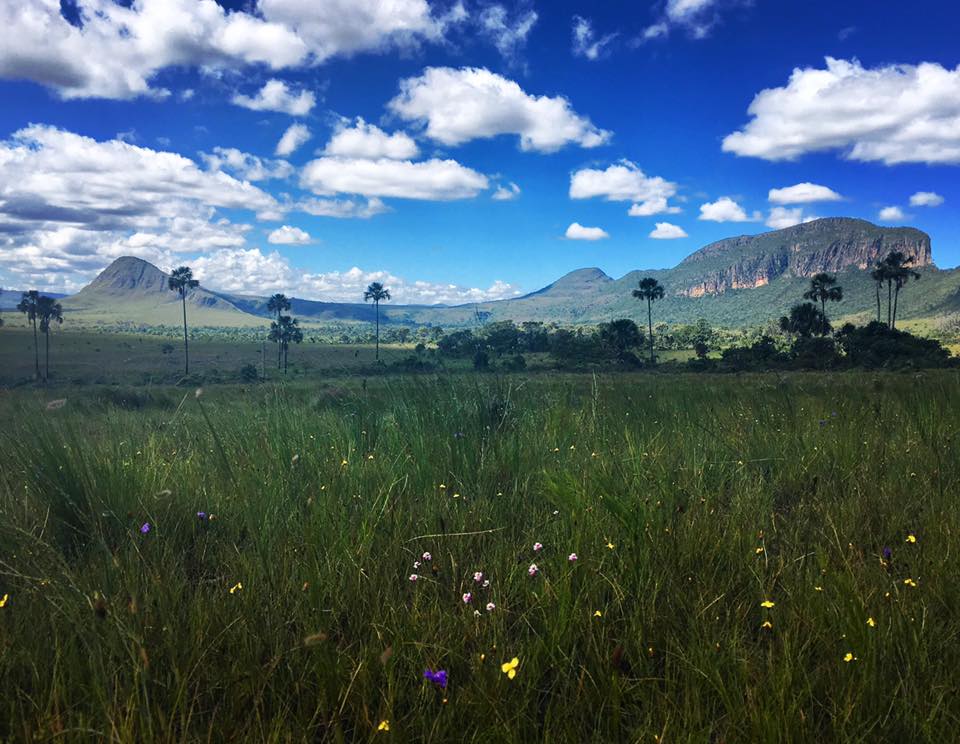Lisbon, Portugal | AFP
The Portuguese parliament on Friday took a first step towards banning deep-sea mining in the country’s territorial waters, which would be a first in Europe.
Deep-sea mining has come to the forefront in recent years as countries move away from fossil fuels and firms invest heavily to explore the seabed for valuable minerals needed for the transition.
On Friday, Portuguese lawmakers adopted in first reading several texts from various parties, including the ruling group and the opposition, aimed at banning such mining until 2050.
Lawmakers will now use these texts as a basis to cobble together a law that will eventually be submitted to parliament for a vote.
If it adopts the measure, Portugal will become “the first European country to write into law a ban on such activity until there is more scientific data” on deep-sea mining’s impact on the environment, Catarina Abril, an environmental activist from the Sciaena non-governmental organisation, told AFP.

The seabed around Portugal’s autonomous Azores archipelago in the Atlantic Ocean is thought to be rich in manganese, cobalt and nickel, which are high demand minerals, not least because they are essential in making batteries for electric cars.
Under the UN Convention on the Law of the Sea, the International Seabed Authority (ISA), based in Jamaica, is responsible for both protecting the seabed in areas beyond national jurisdictions and for overseeing any exploration or exploitation of coveted mineral resources in those zones.
About 30 countries, of the 169 ISA member states, have called for a moratorium on deep-sea mining, with NGOs and scientists warning of the potential risks posed by the activity to little understood undersea ecosystems.
The ISA’s Council, which for now only grants exploration contracts, has been drawing up commercial exploitation rules for more than a decade.
It is aiming to adopt a mining code this year that would close a loophole which currently allows any country to apply for a mining contract on behalf of a company it sponsors.
In December, Norway suspended plans to start granting licenses for deep-sea mining after facing opposition from environment groups and international institutions.
lf-tsc/yad/bc
© Agence France-Presse
Article Source:
Press Release/Material by AFP
Featured image credit: frimufilms | Freepik




